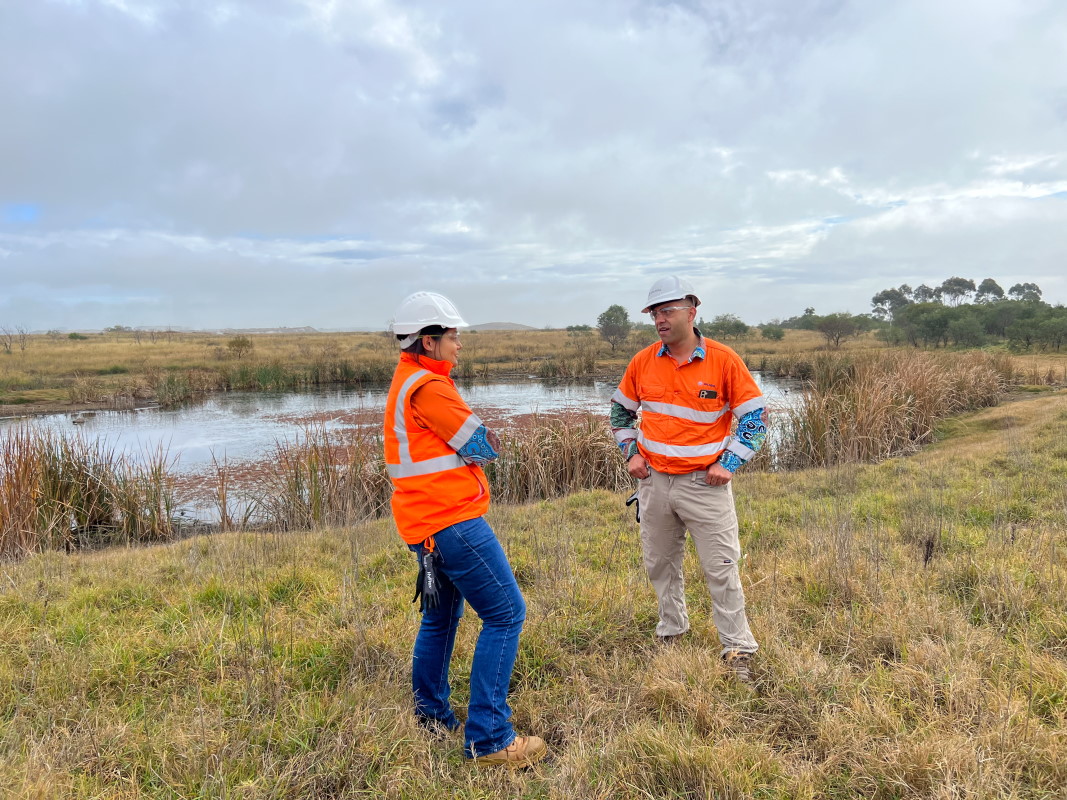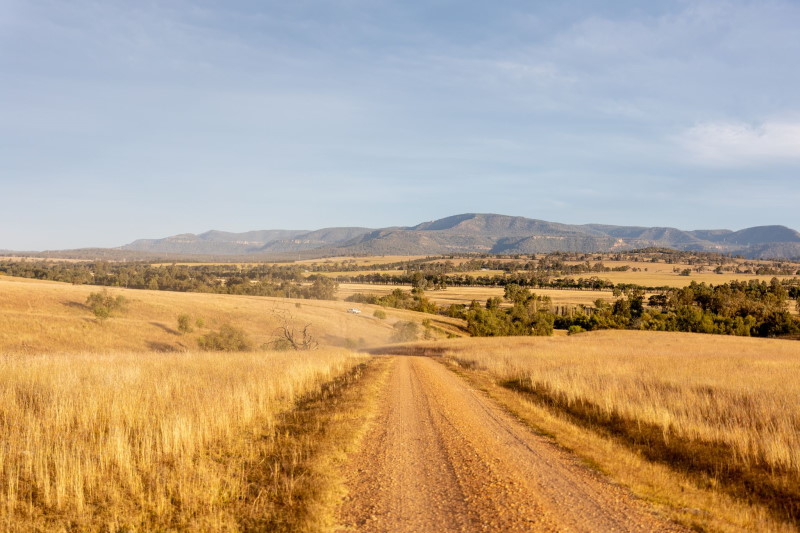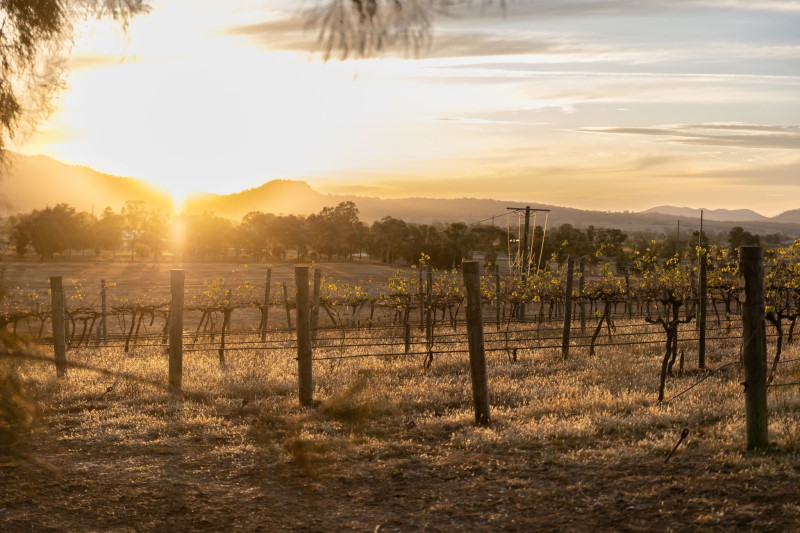We strive to make as little environmental impact as is reasonably practical, and promote sustainability and social responsibility. Good environmental practices are at the heart of all our decision-making processes and activities.
Our Approach
At Malabar, we’re doing things differently.
We are committed to leading the way, demonstrating how responsible management of water, rehabilitation of land, and monitoring and maximising air quality, will help us serve our communities for generations to come.
Water
Malabar is committed to the effective management of water resources across all our operations. We recognise that water is an invaluable, shared, finite resource that we must all collaboratively conserve and protect for our survival. All our activities are undertaken in accordance with our Water Management Plan.
Our water management system is a closed system that does not draw water from external surface water sources. Dams and voids from historical mining practises store water. Most of the surface water runoff around the site is captured in the voids and incorporated into our site water management system for reuse or storage onsite.
Currently, the water is used for dust suppression on unsealed roads, and vehicle wash down processes.
Stock dams are located on both natural land and rehabilitated land that is suitable for grazing.
When the Maxwell Underground Mine is operating, it will draw water from the existing dams and voids. No water is required to be drawn from the Hunter River for the entire life of the Maxwell Underground Mine.
Rehabilitation
Malabar is committed to establishing and maintaining processes to minimise land disturbance and achieve a safe, stable, and non-polluting final landform.
Since taking ownership of the site, we have:
- Rehabilitated over 880 hectares of land
- Planted over 160,000 trees in our woodland corridor, with the total trees planted onsite now exceeding 350,000
- Implemented key land management strategies including weed spraying and feral animal management to manage the site and our biodiversity offset areas
- Reviewed pasture and woodland seed mixes to target species likely to occur in our area, that are compatible with climatic conditions
- Increased soil organic matter and improved soil nutrient levels to promote growth of vegetation
Successfully established grazing cattle on mine rehabilitated pastures, and increased diversity of grass species
Air Quality and Emissions
Air Quality
At Malabar, we’re continually implementing practical measures to minimise emissions across our activities, and consequently, to maximise air quality.
We maintain an Air Quality and Greenhouse Gas Management Plan and a Spontaneous Combustion Management Plan.
Our air quality management system includes a comprehensive set of both proactive and reactive control measures and monitoring tools. All air quality monitoring is undertaken in accordance with the statutory requirements associated with the Development Consent, Environment Protection Licence and relevant Australian standards.
Emissions
Malabar monitors greenhouse gas (GHG) emissions to ensure that they are kept to a minimum practicable level. In accordance with National Greenhouse and Energy Reporting Act 2007 (NGER Act), Malabar regularly quantifies GHG emissions attributable to its operations, including emissions from fuel and electricity consumption.
As construction continues and production commences, Malabar will continue to investigate and evaluate opportunities for improving emissions and energy performance.





